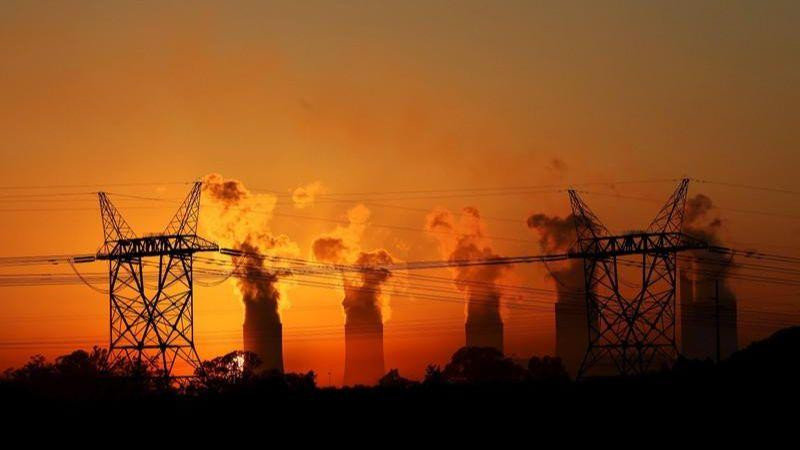Sharing financial responsibility in the common fight of mankind is considered a core factor in helping the world soon realise the goal of protecting the green planet.
Denmark has just become the first country in the world to raise funds to support the countries that are most vulnerable to climate change. Accordingly, Denmark pledged to spend more than 13 million USD to help developing countries overcome damagescaused by extreme weather. The financial support was mainly directed to a few areas, including the Sahel, where the local people are struggling day by day with natural disasters. Speaking on the side lines of the 77th session of the United Nations General Assembly, Danish development minister Flemming Moller Mortensen emphasised that “It is grossly unfair that the world’s poorest should suffer the most from the consequences of climate change, to which they have contributed the least.”.
The above statement of Denmark is also the common view of many countries and international organisations, including the UN. UN Secretary-General Antonio Guterres has recently called on developed economies to tax companies that use fossil fuels and use a portion of the proceeds to help countries that are beingheavily damaged by climate change.
According to the UN head, the total profit of the largest energy companies in the first quarter of this year reached nearly 100 billion USD, and that this huge revenue should be shared so that vulnerable countries can overcome the current difficult period. Meanwhile, Egypt, the host of the 27th Conference of the Parties to the UN United Nations Framework Convention on Climate Change (UNFCC COP27) in November, also affirmed its determination to support developing countries, especially in Africa, in accessing financial sources to mitigate the impacts of climate change.
This is not the first time the issue of financial responsibility in the fight against climate change has been mentioned and supported by the countries. At the COP15, rich countries pledged 100 billion USD in aid per year to help poor countries transition to low-carbon and climate-adapted economies. Although this goal has not been achieved as planned, the call formajor polluters to fulfil their financial commitments has always been a main topic on the agenda at the climate conferences of the UN.
The UN Secretary-General affirmed that the responsibility of developing countries is undeniable. At the recent African Ministerial Conference on the Environment, Minister of Environment of Egypt Yasmine Fouad noted that Africa only emitted 4% of the total greenhouse gas emissions worldwide but has been suffering the heavy impacts of extreme weather events.
Specifically, 20% of the population of the African continent is in the group of the 10 countries most vulnerable to climate change. Climate change is likely to push an additional 78 million Africans into chronic hunger by 2050, of which more than half from the sub-Saharan Africa.
Meanwhile, according to a report released by the Asian Development Bank (ADB) and the Inland Displacement Monitoring Centre (IDMC), Asia-Pacific is the hardest-hit region due to disaster displacement.
Large-scale storms and floods, droughts, earthquakes, tsunamis and volcanic eruptions have been causing the displacement of millions of people in the region each year. The ADB warned that disaster displacement has been undermining development achievements in Asia-Pacific and threatens the region's long-term prosperity.
Analysts said in the context that countries around the world are currently facing many intertwined challenges such as food crisis, inflation, pandemic and conflicts, the negotiations on financial sharing in response to climate change will become even more difficult. However, United Nations Secretary-General Antonio Guterres has warned the world has no time for hesitation in the fight against climate change.
















